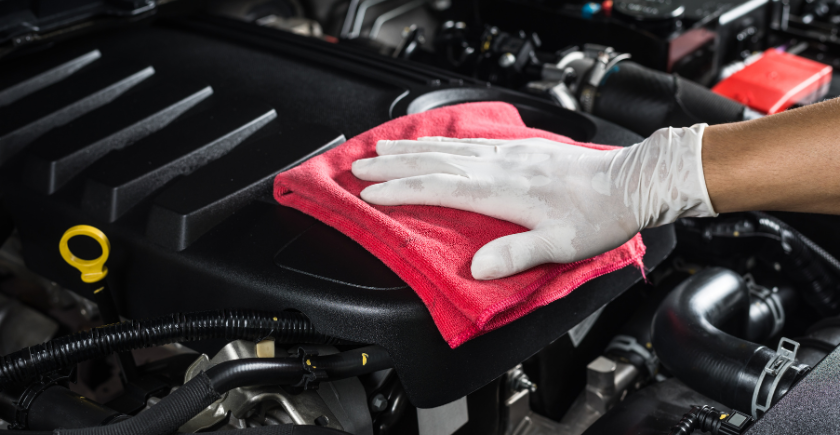
As a responsible motorist, keeping your car in tip top condition is essential for your safety and that of other road users. Whether you drive a brand-new car or an old stalwart, your engine is the heart of your vehicle and when something goes wrong, it can lead to big and costly problems. One of the tell-tale signs of engine trouble is noticing something dripping from it. While it might be easy to ignore these drips or assume that they are nothing to worry about, here are four other signs to look out for that may indicate your car needs engine repair.
Strange noises or vibrations
Your engine is the heart of your vehicle, and it’s important to keep it in good working order. If you start to notice strange noises or vibrations coming from your engine, then it’s time to have it checked out. A knocking noise can be a sign of a serious problem, such as a worn-out bearing or a faulty piston. If left unchecked, these issues can cause significant damage to your engine and may even result in a breakdown. Regular maintenance is key to preventing engine problems. This includes changing your oil and oil filter on a regular basis, checking your coolant levels, and having your spark plugs and timing belt replaced as recommended by your vehicle manufacturer. It’s also important to have your engine tuned up periodically to ensure that it is running at its best. If you do notice any unusual noises or vibrations coming from your engine, don’t ignore them. By taking care of your engine, you can help ensure that your vehicle runs smoothly and reliably for years to come.
Poor fuel efficiency
If you’ve noticed that your car’s fuel efficiency has decreased, it’s important to take action. A decrease in fuel efficiency could be an early sign of engine trouble, which could lead to more serious problems if left unchecked. There are a few common causes of decreased fuel efficiency that you should be aware of. First, a clogged air filter can cause your engine to struggle to get enough air. This can lead to less power and increased fuel consumption. It’s important to replace your air filter regularly to prevent this from happening. Another common cause of decreased fuel efficiency is a faulty oxygen sensor. The oxygen sensor is responsible for monitoring the amount of oxygen in your exhaust and adjusting the fuel-to-air ratio accordingly. If the sensor is malfunctioning, it may be sending incorrect information to the engine control module, resulting in poor fuel efficiency. Other possible causes of decreased fuel efficiency include worn spark plugs, dirty fuel injectors, or a low tire pressure. It’s important to have your car regularly serviced to prevent these issues from occurring. In summary, if you’ve noticed a decrease in your car’s fuel efficiency, it’s important to investigate the cause as soon as possible. A struggling engine can lead to more serious problems down the line, so taking action now can help prevent costly repairs later on.

Leave A Comment